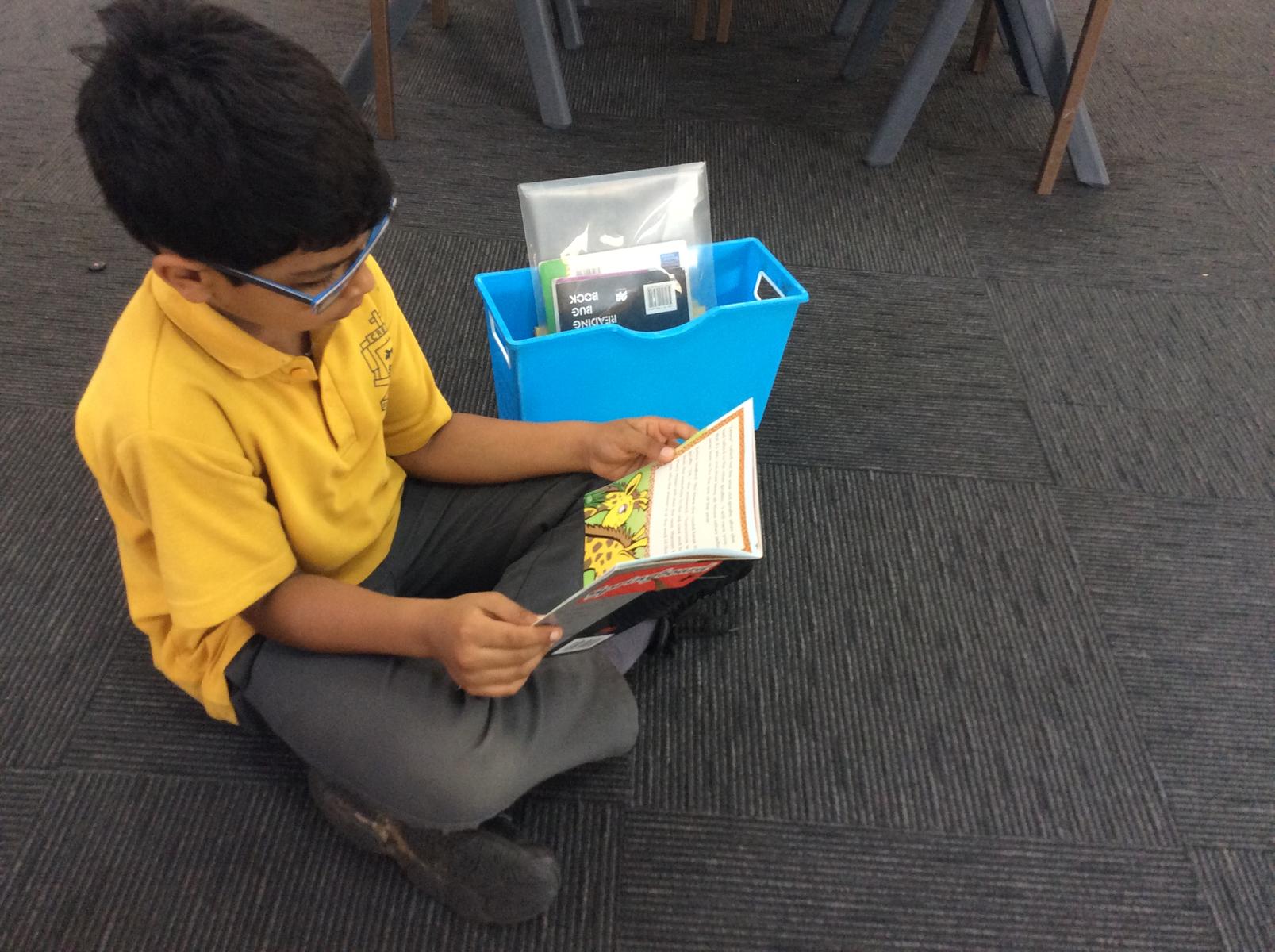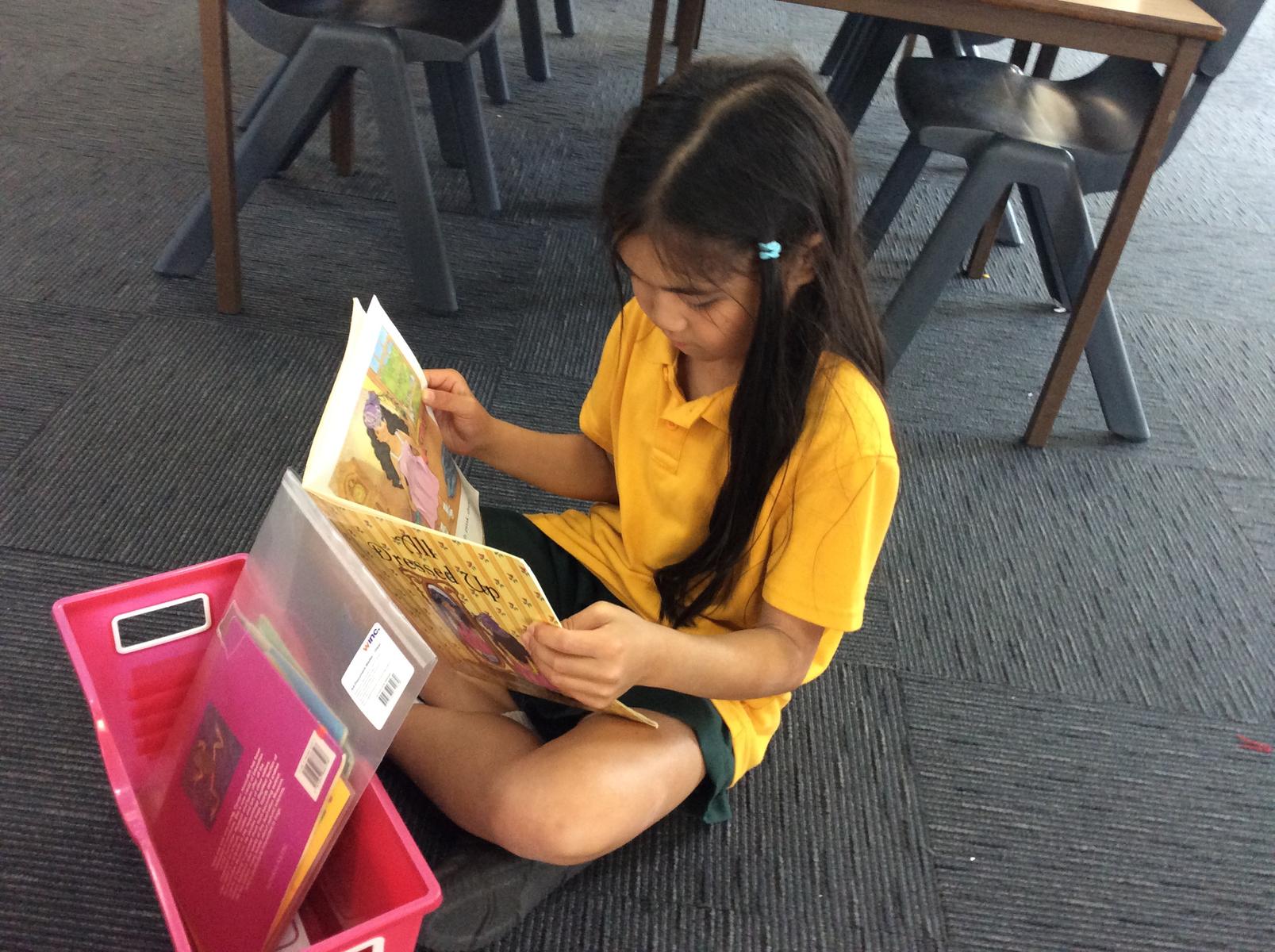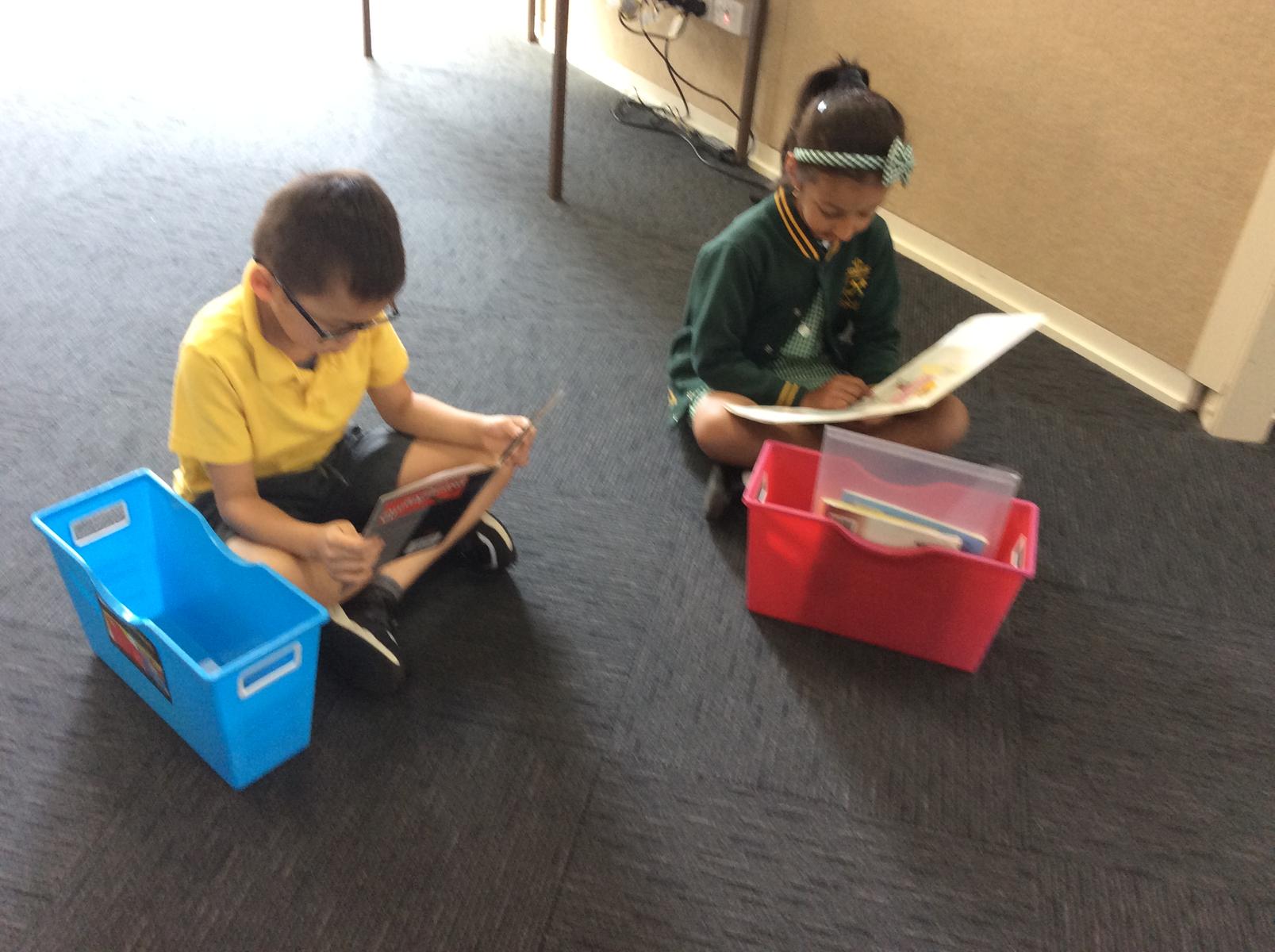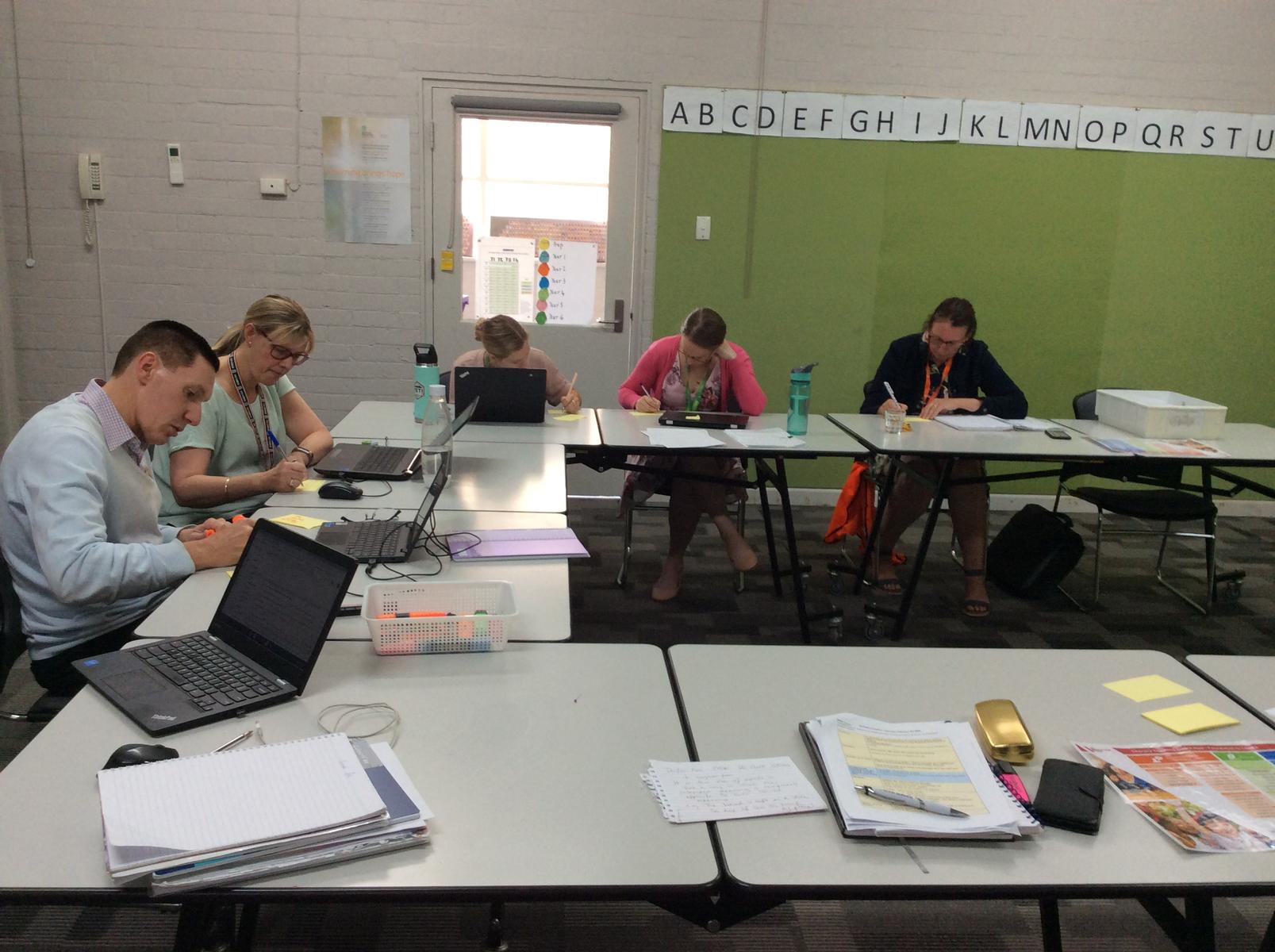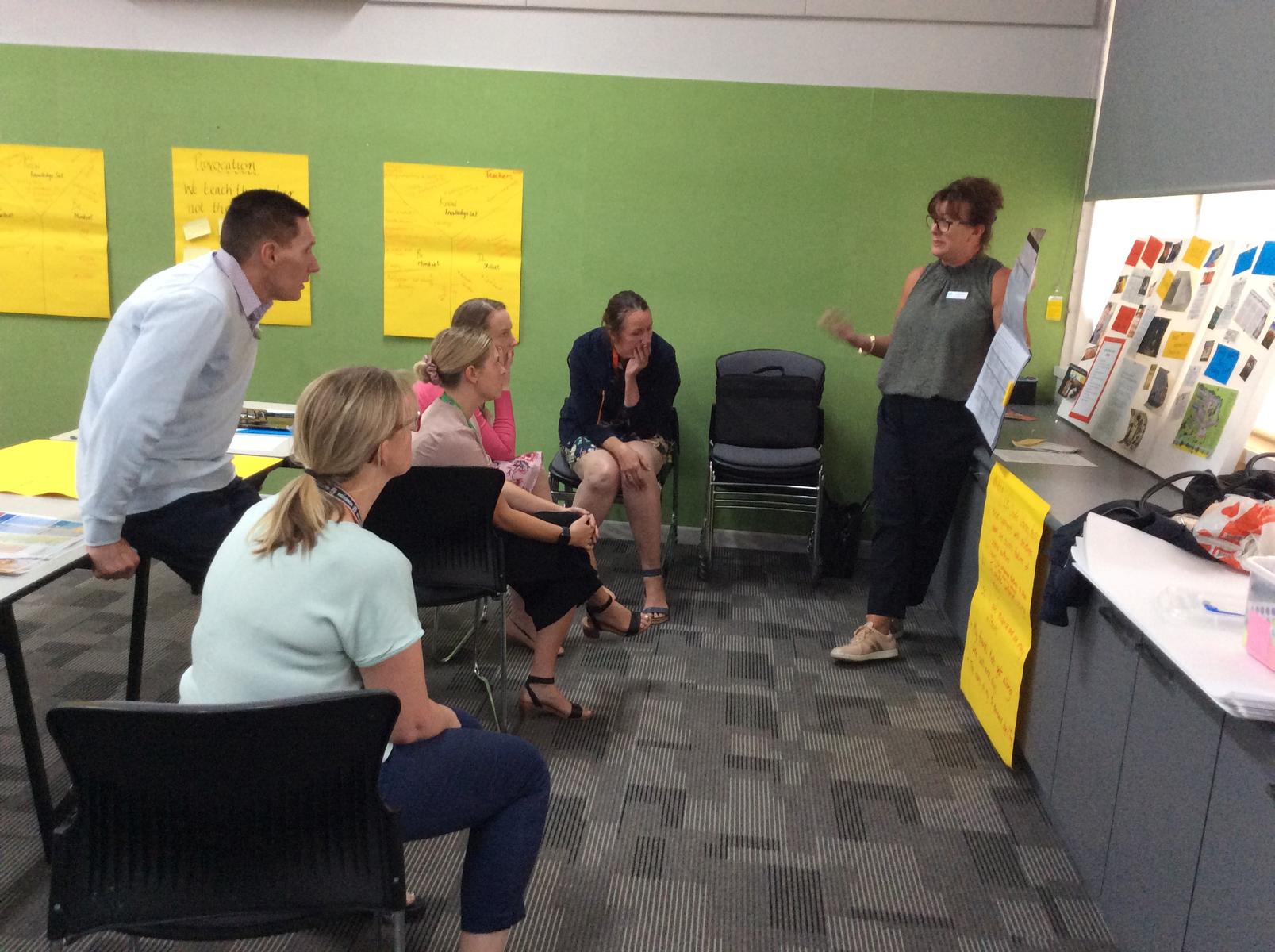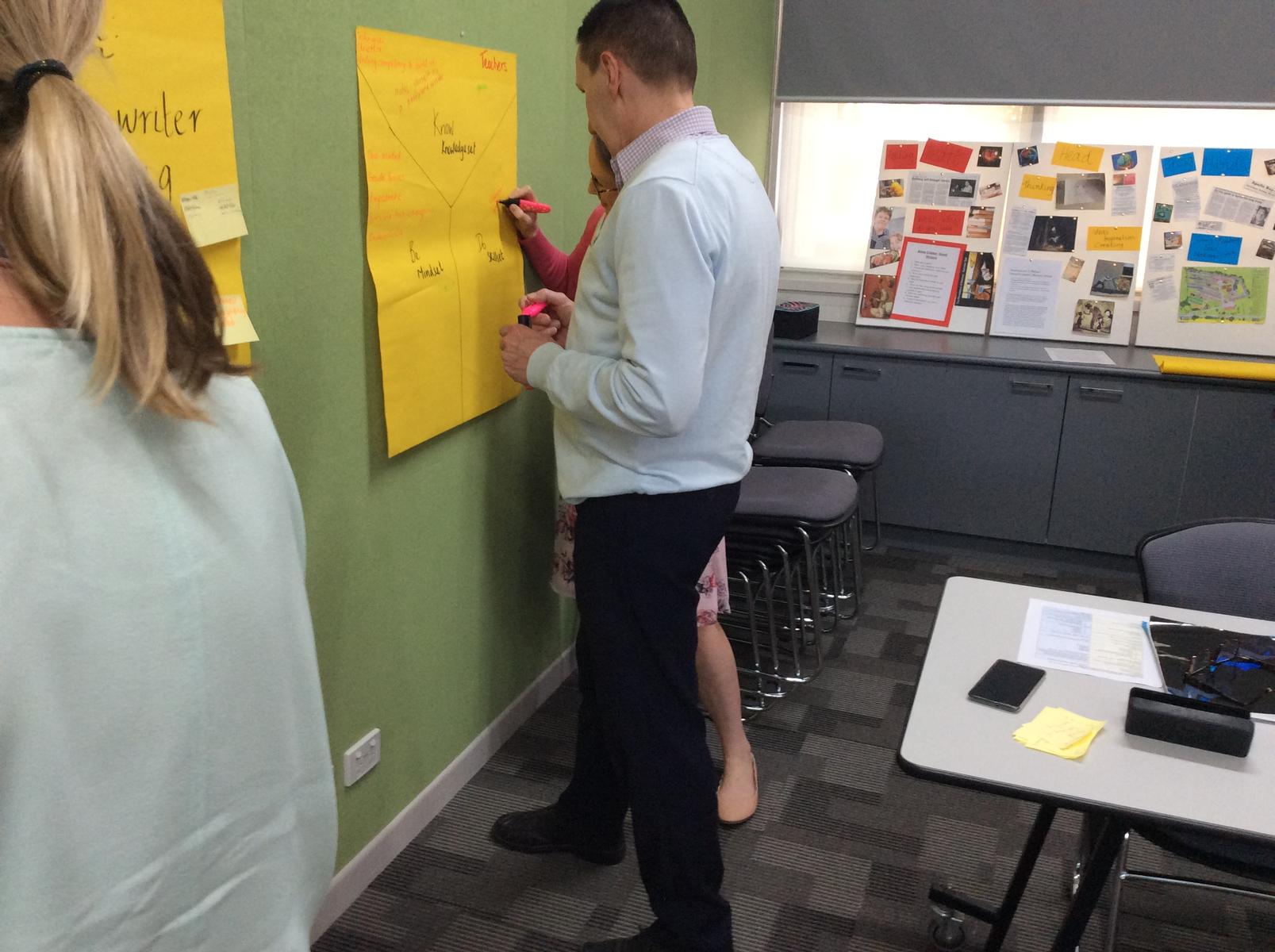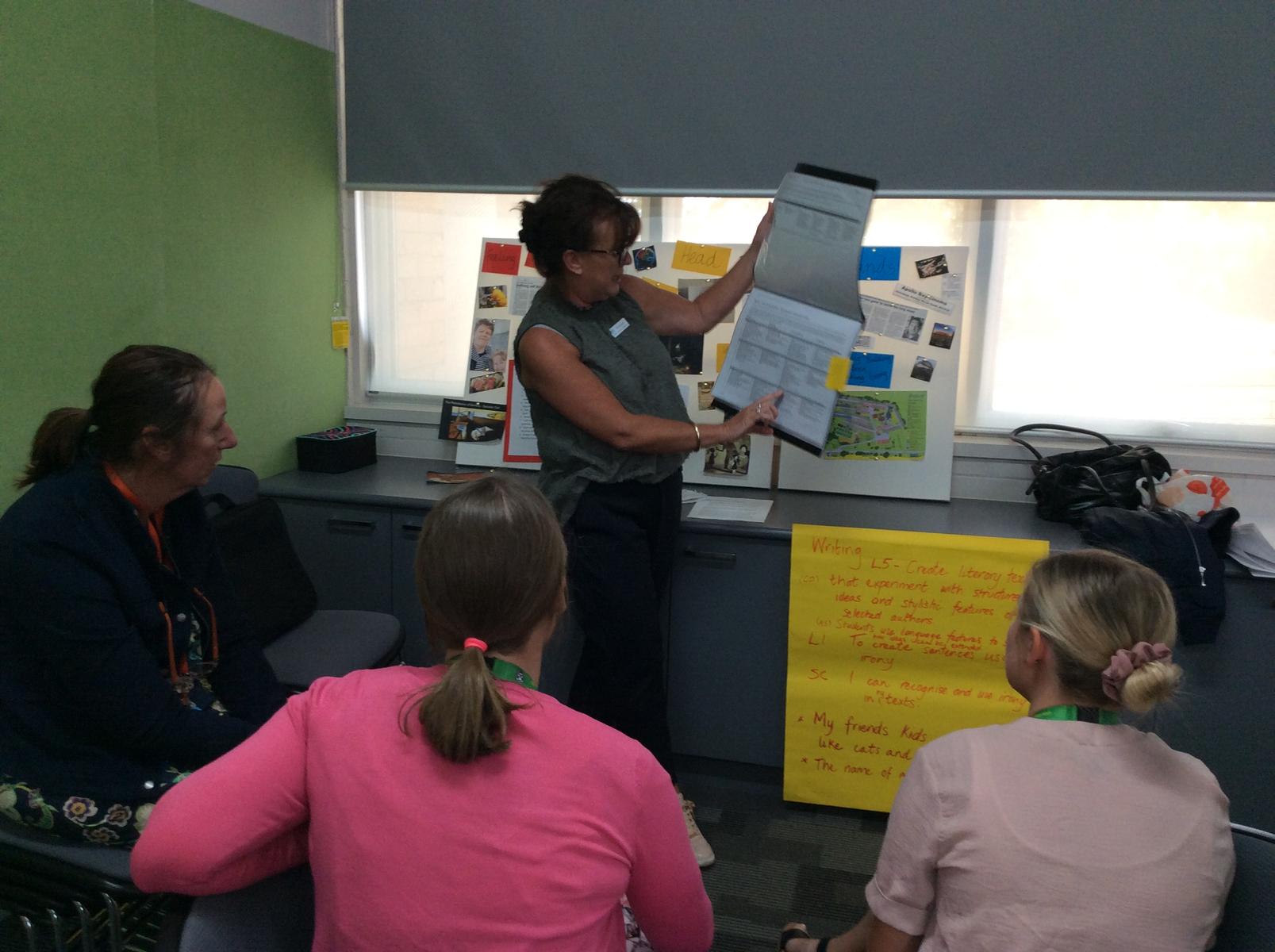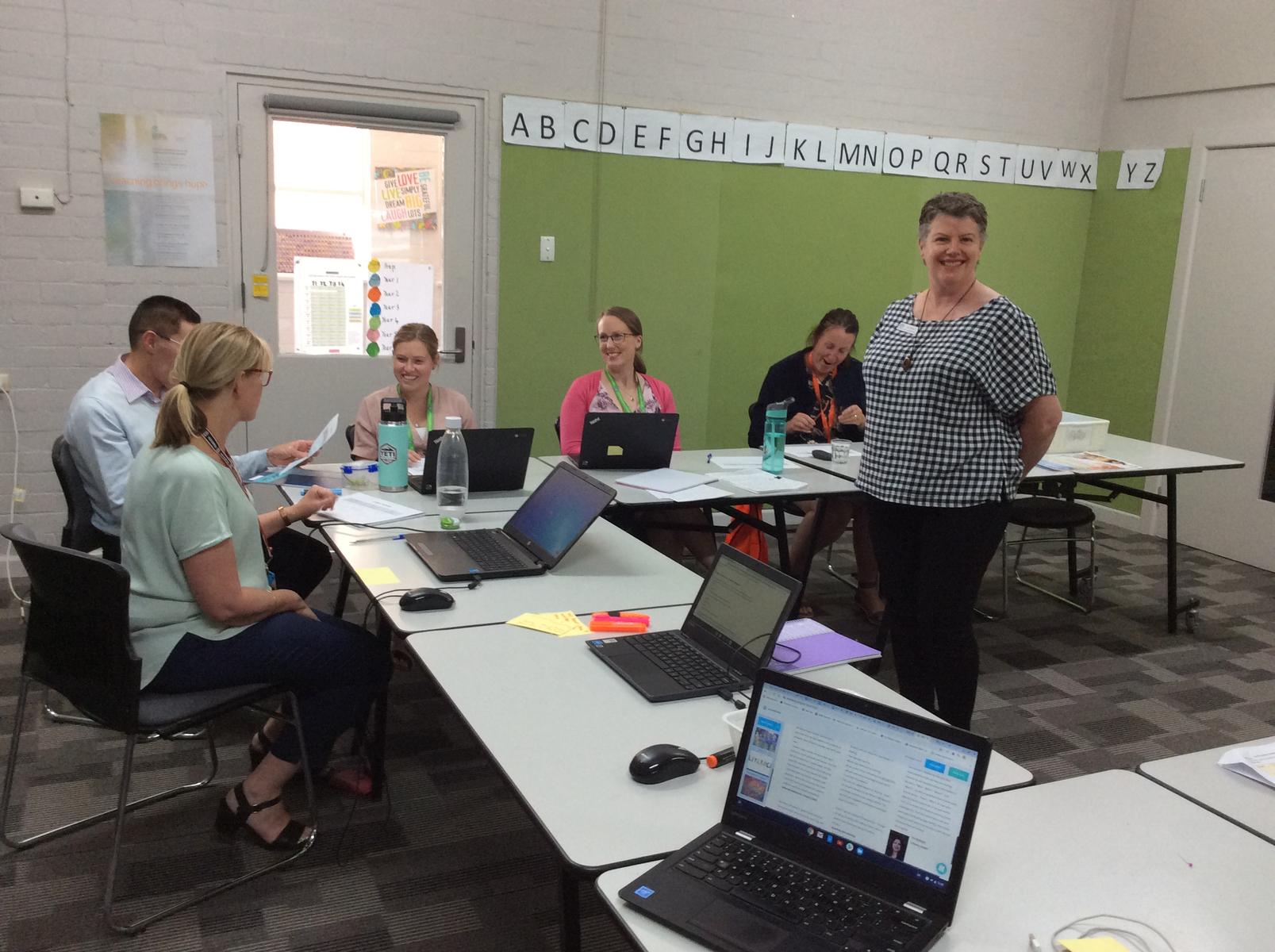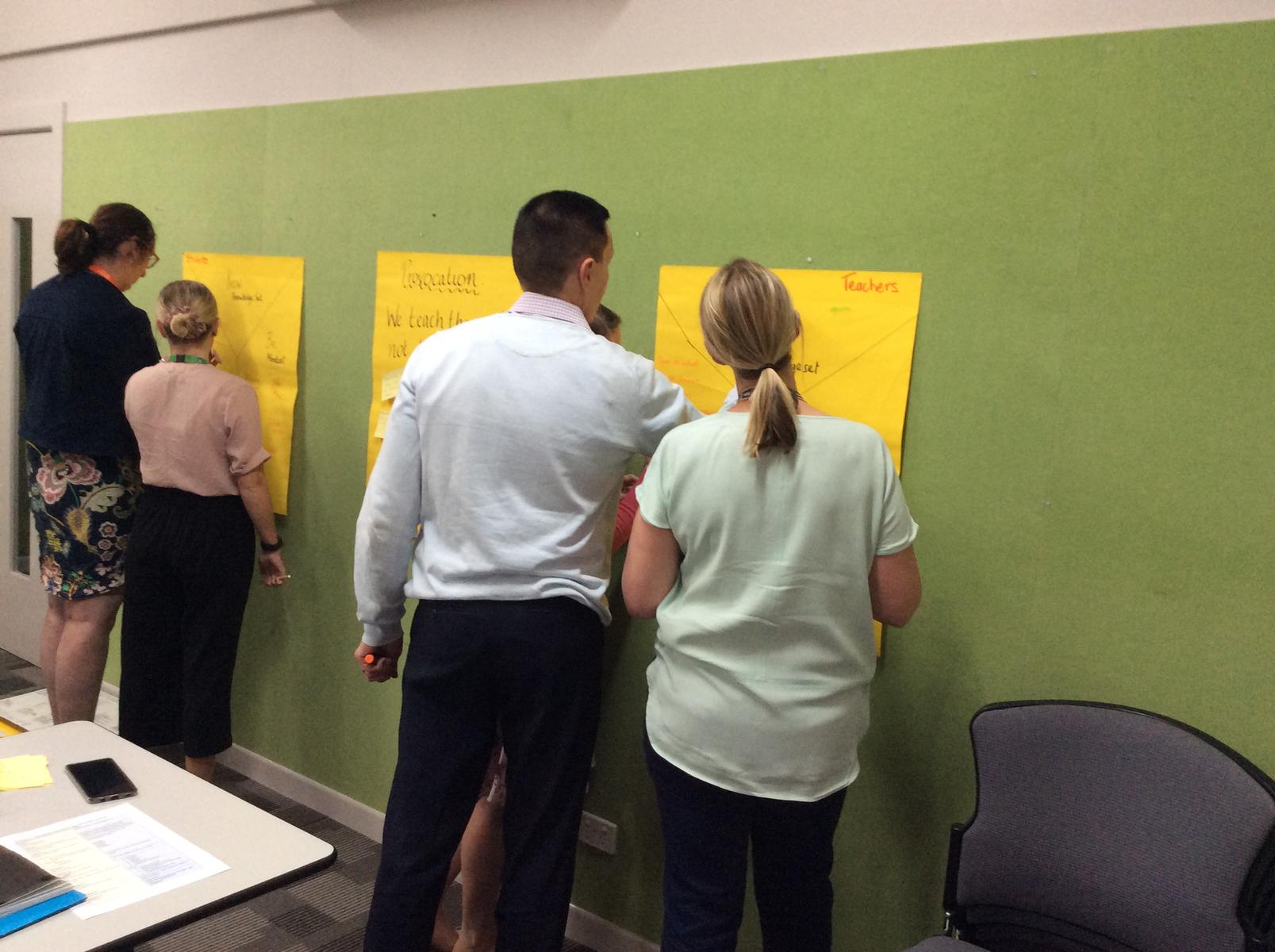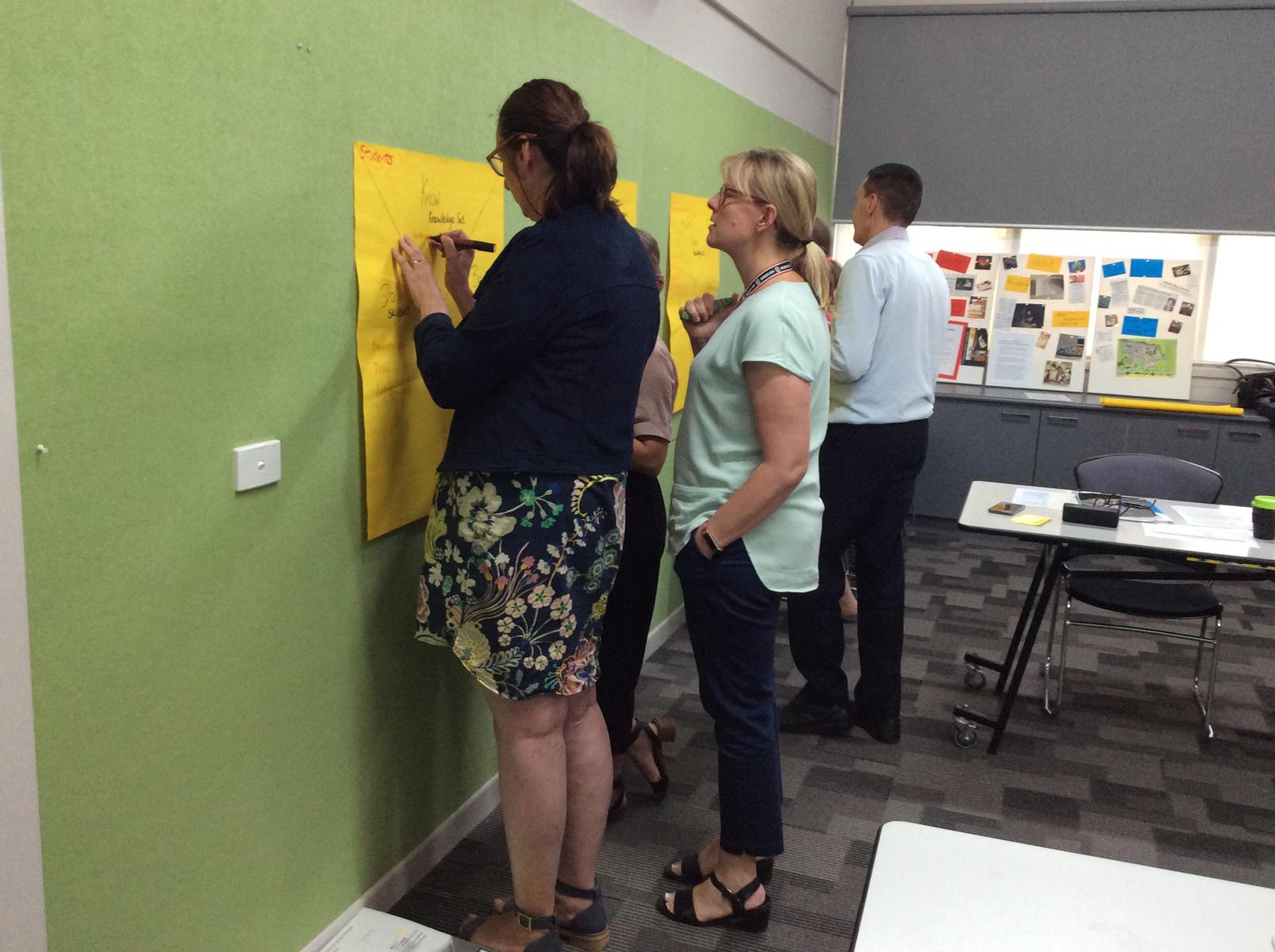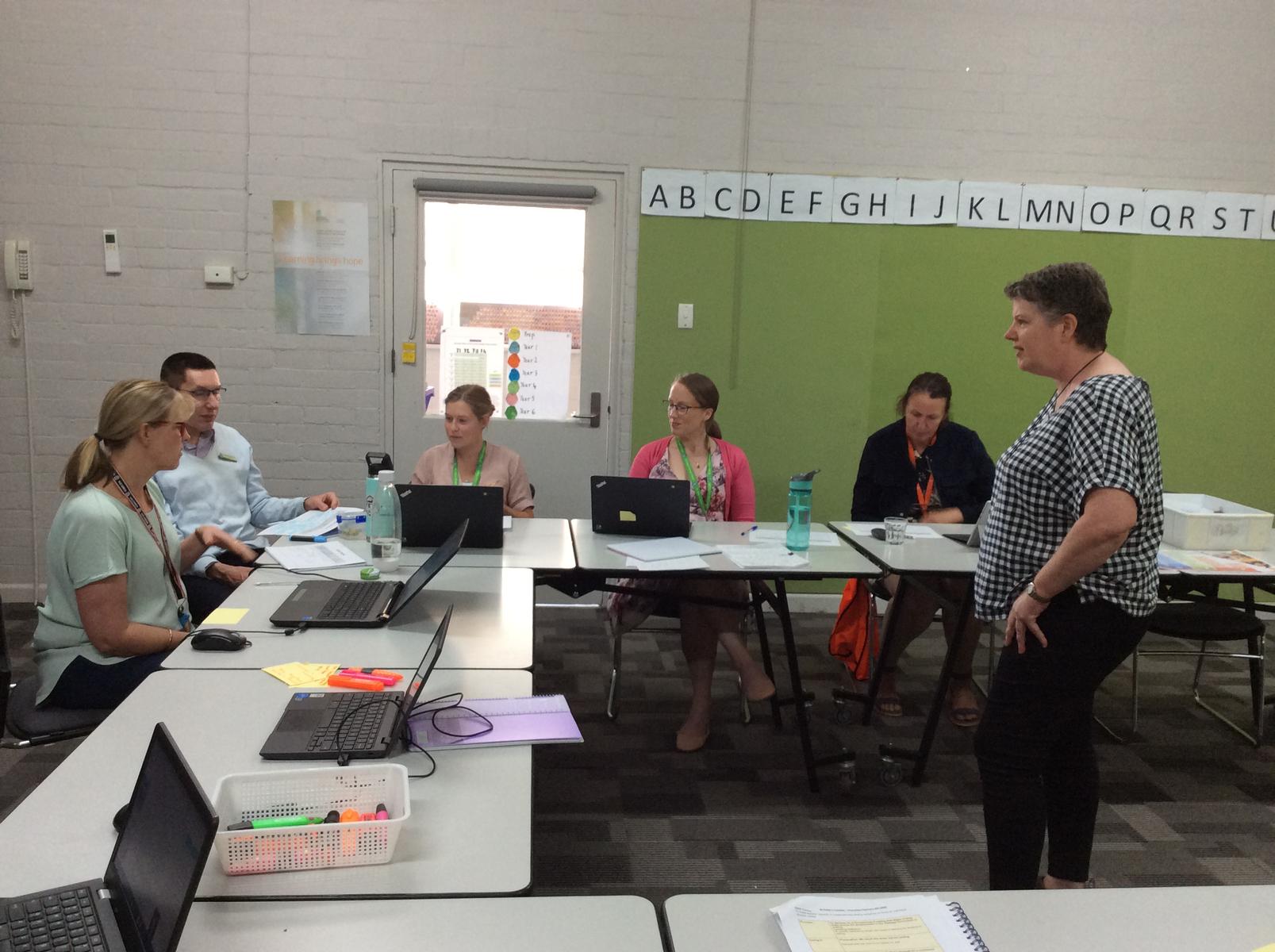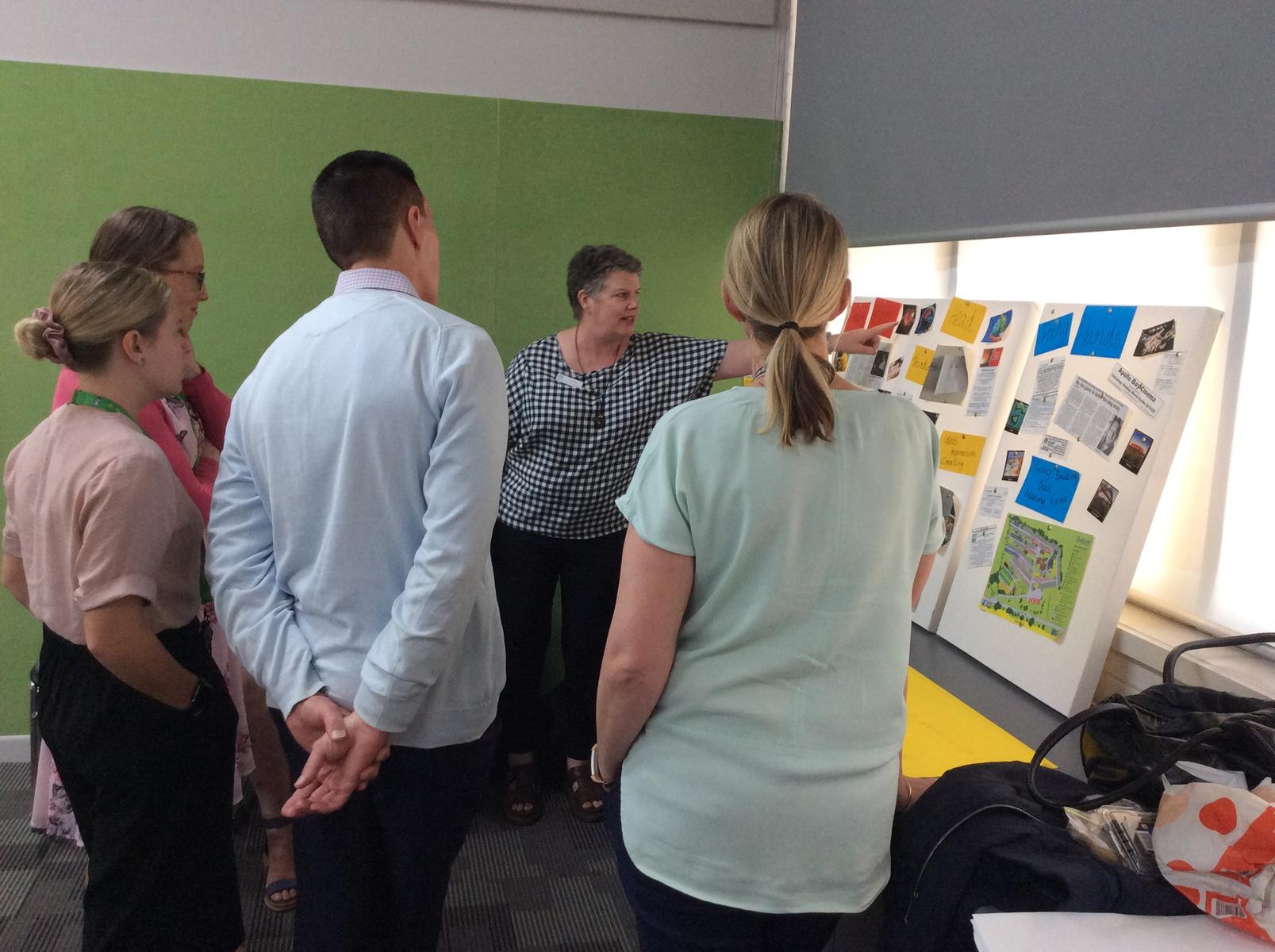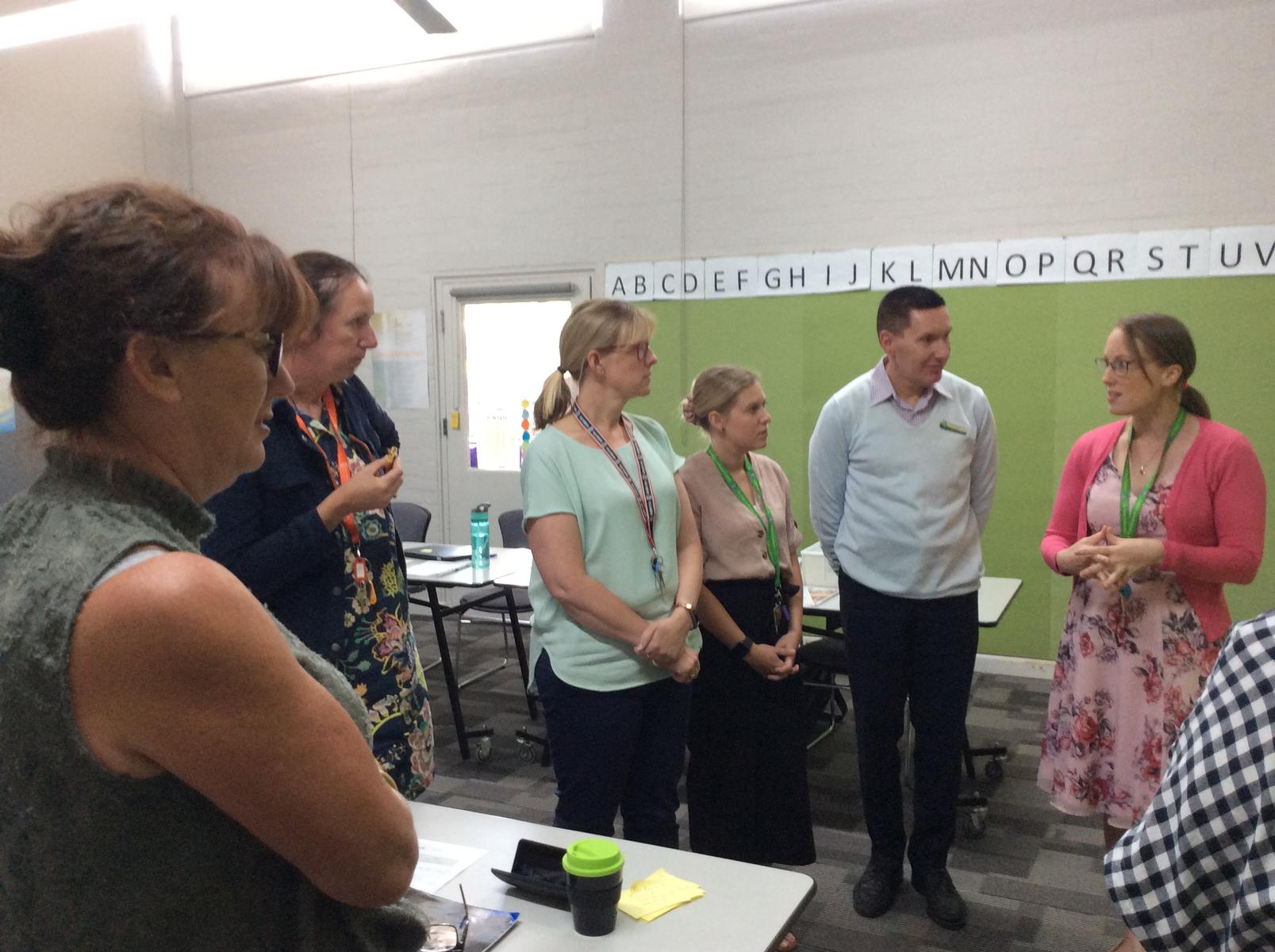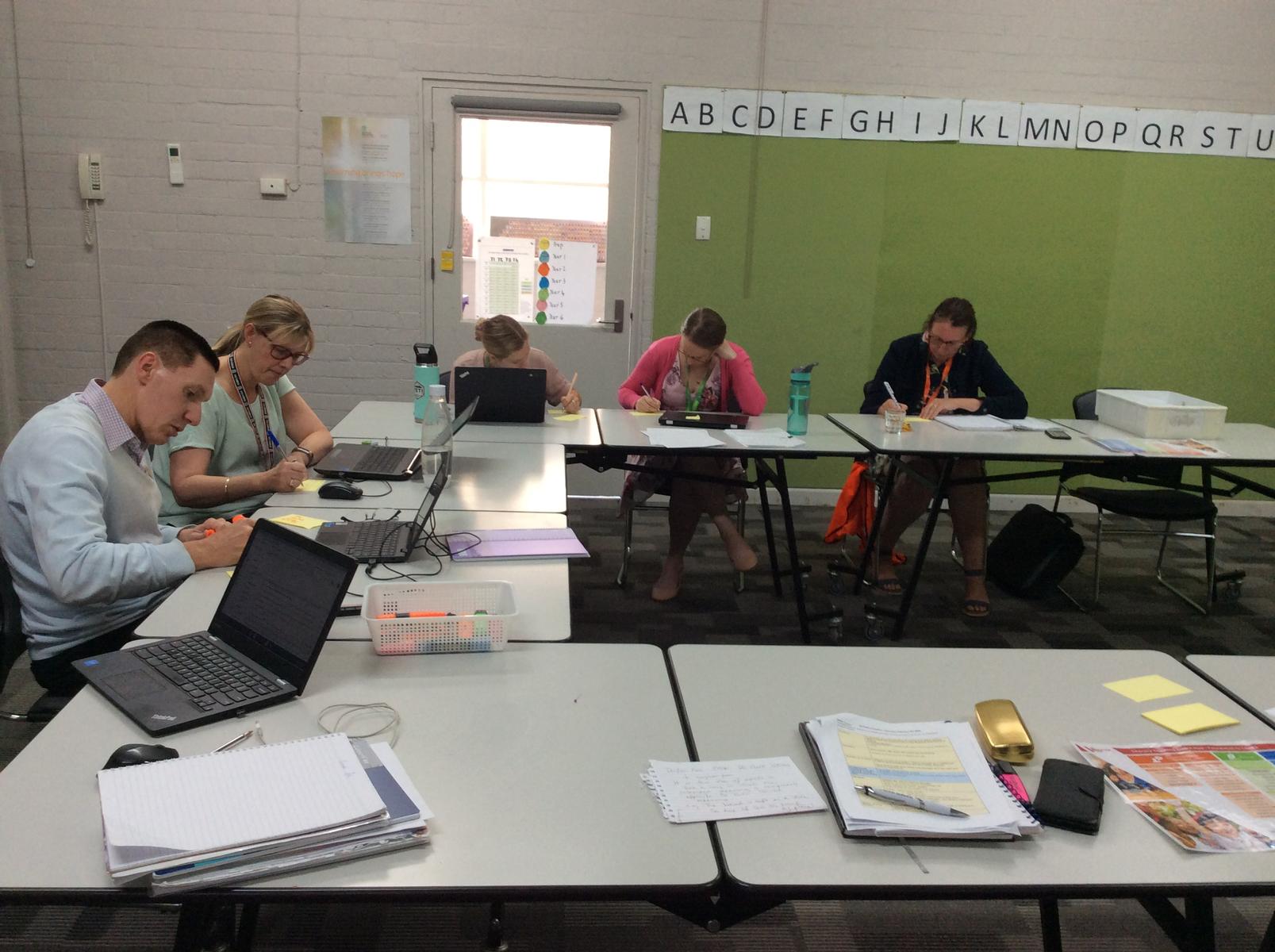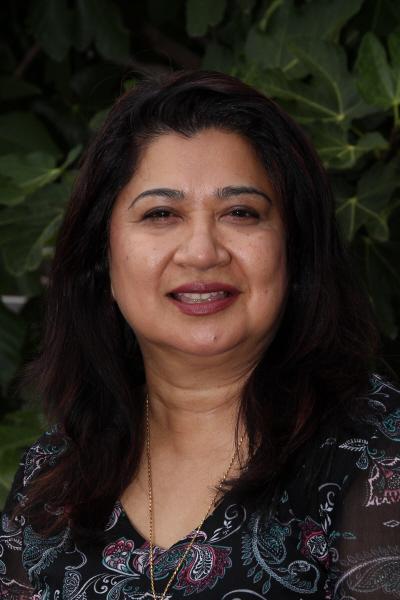The Language of Opportunity
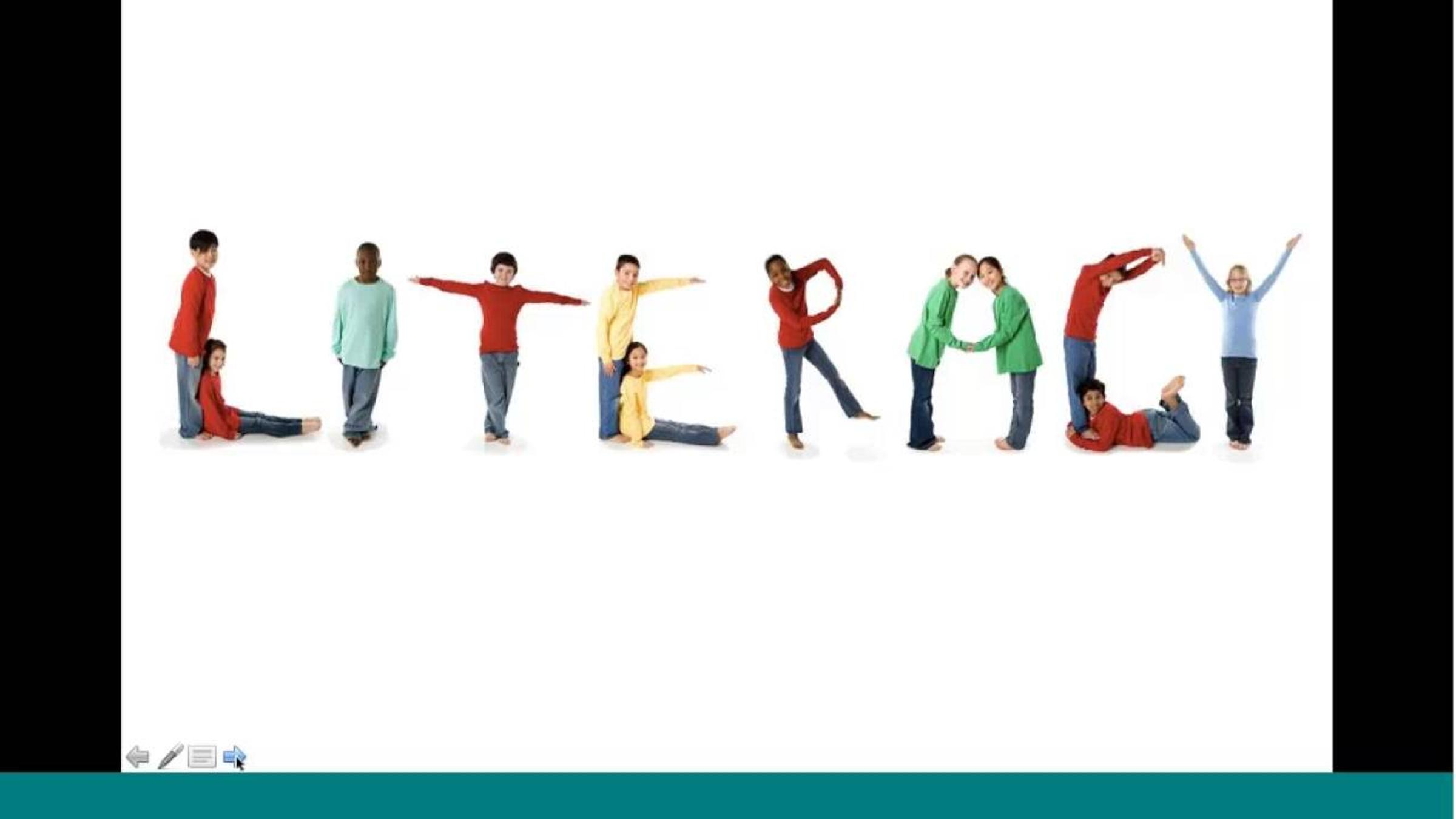
Students are at the heart of all we do at St Peter's.
We believe every student has the right to learn and we know that teachers, not programs or products, teach children to speak, read, write, and spell.
“Teachers play a variety of roles in their work—instructor, coach, advocate, and learner—but they also act as scientists in several ways. As they make the important decisions about what and how to teach, they must evaluate the claims associated with educational strategies and programs. And in the classroom, they must constantly assess and reassess the value of programs and their impact on students.”
National Institute for Literacy (2005)
A snapshot of our Literacy Program
Our Literacy Program is guided by the Victorian Curriculum which informs learning, teaching, and reporting. We aim to encourage students not just to discover themselves and the world but to empower them to shape the world they live in.
The essential features of our focused two hour Literacy Programs include:
Shared Reading
Guided Reading
Individual Reading Conferences
Personal Spelling
Oral Language Development
Individual /Guided/Shared Writing Conferences
LLI ( Levelled Literacy Intervention) is provided for students who are below the ‘Benchmark’ in reading.
Peer Assisted Learning
Whole Class Reflection on learning.
We are proud of our achievement in NAPLAN 2019 and will continue to encourage all students to reach their full potential.
This year the school focus is on 'Writing', so we are proudly introducing the Writer's Notebook to encourage students to be creative writers and a develop a life long love for writing. The teachers are engaged in professional learning with the CEM (Catholic Education Melbourne) to support students in their Writing journey.
Parents are their children’s first teachers. Through speaking, listening, and reading to their children, parents help them move along the path to literacy.
So what can you as parents do to help your child on their learning journey?
Speaking and Listening
Listening and speaking develop naturally, but reading and writing must be learned. Parents can help their children develop language skills by talking with them about everyday events, such as a trip to the grocery store. Tell your child stories and share books. Parents shouldn’t be afraid to use big words. That is how children learn new ideas and new vocabulary words.
Making Meaning
The ability to make meaning—that is, understand what is being read—is the goal of reading. Parents can help their children by checking their understanding of the text they are reading. Parents can ask questions about information in the story—“Who?,” What?,” “Where?,” and “When?,”—as well as questions that children need to think about—“How?,” “Why?”. Or have your child tell you the story in his or her own words.
This is a reminder that students will bring home reading books from the school library and also have access to Reading Eggs and RAZ Kids online. Please set aside some time to listen to and discuss the books they are reading.
Kind regards
Iris DeVisser
Literacy Leader

